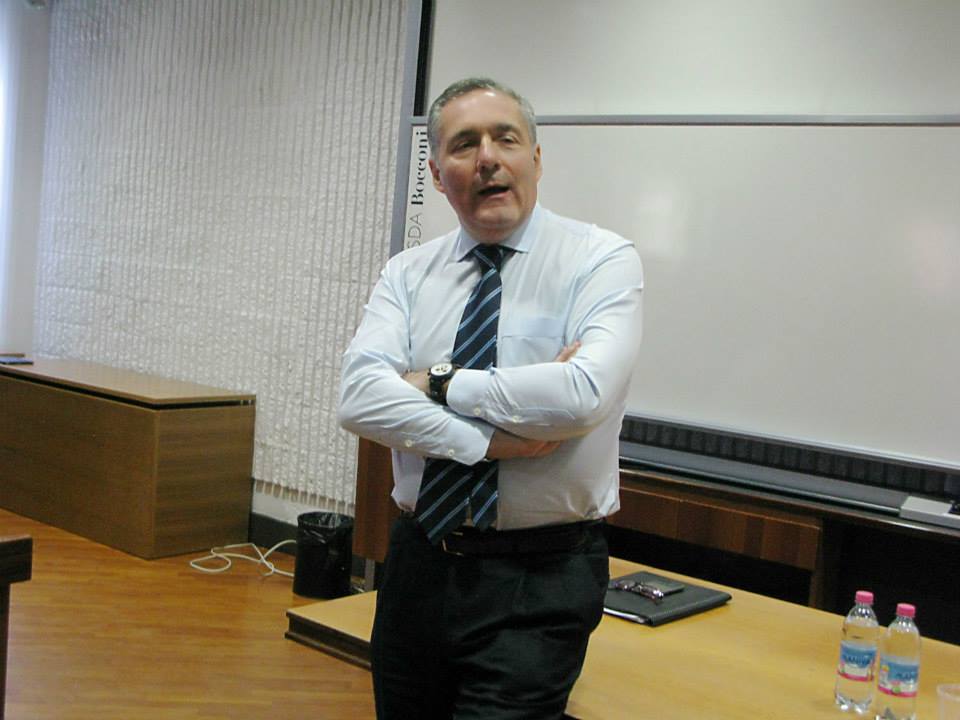Who criticizes (and why) Ita post Alitalia

Eng: capital increase, announcements and expert analysis on the new airline chaired by Altavilla
The shareholders' meeting of ITA – Italia Trasporti Aereo Spa – yesterday approved, on the proposal of the board of directors, a capital increase of 700 million euros.
The "injection of the 700 million" will take place "in the next few days," said the undersecretary for the economy, Claudio Durigon. According to Ita, the resolution follows «the completion of the approval process underway by the European Commission on the basis of the“ Comfort Letter ”it issued on 15 July».
“Today's is another important step in the process that will see the take-off of the new company on October 15th. With the increase just approved, the public shareholder confirms the solidity of the project from the point of view of a private investor ”, commented the president of Ita Alfredo Altavilla. "The next step will be the immediate start of negotiations with Alitalia in extraordinary administration for the acquisition of the 'Aviation' perimeter, pending the call for tenders for the sale of the Alitalia brand which we hope will take place as soon as possible".
Yesterday at the end of the hearing in the Chamber on the "new Alitalia" Claudio Durigon, League's Undersecretary for the Economy, acknowledges that the criticisms of the July 15 agreement between the government and the European Commission made by deputies of the Transport and Productive Activities commissions .
"The objections of the deputies – wrote Il Sole 24 Ore – concern the downsizing of Ita, it will take off with less than half of Alitalia's pre-Covid aircraft (there were 113 at the end of 2019), less than the current fleet, 85 aircraft. Meanwhile, the commissioners have asked for a 12-month extension of the CIGS until 23 September 2022 for a maximum number of 7,086 full-time equivalent employees (FTE). Ita provides for a new employment contract, more flexible and with lower wages, to be negotiated with the trade unions ”.
The transport economist, Ugo Arrigo, also critically focused on numbers and prospects in an analysis on Lavoce.info:
“Many criticisms can be formulated from an economic point of view to this solution, however, almost all of them have already been repeatedly illustrated. I will limit myself to summarizing the main ones in the form of two questions.
The first question: how is it possible that, in a market such as that of air transport which in the five-year period before Covid grew in Italy by more than Chinese GDP, there are redundancies equal to three quarters of the staff of the only national company remaining significant size? The second: how is it possible that of the approximately one thousand pre-Covid planes committed full time to cover the Italian skies, more than 85 percent belonged to foreign carriers? Now, with Ita, the share is destined to rise to 92 percent and, without Ita – should it fail too – to approach 100 percent. Is it possible that we are unable to fly a single national carrier of a reasonable size?
These numbers are not from business failure and not from the failure of the sector, which is actually thriving, they are bankruptcy numbers in the country. Can Italy afford to give up producing in an entire sector, that of air transport, relying almost entirely on the production of foreign carriers? It is evident that this cannot be a solution that is plausible to extend to a multiplicity of productive sectors. If we are not capable of producing, we must become so, we cannot be satisfied with the role of mere consumers.
Some may argue that the previous analysis is pessimistic, given that the new company has declared that it wants to grow over time compared to the limited size with which it would start next autumn. But there are no plausible intentions, that's not how corporate strategies work. The offer must precede and not follow the dynamics of demand, therefore the post-Covid recovery, otherwise it will be the competitors who will satisfy it. The spaces left free at Ita take-off will not remain free, but will be quickly and permanently occupied by low-cost competitors. And certainly they will not be returned to Ita when it wants to grow in size. The increase in the offer on Italian skies announced by the main low cost operators already for the summer months is the clearest demonstration of this fact ".
This is a machine translation from Italian language of a post published on Start Magazine at the URL https://www.startmag.it/smartcity/chi-critica-e-perche-ita-post-alitalia/ on Thu, 29 Jul 2021 06:52:09 +0000.
